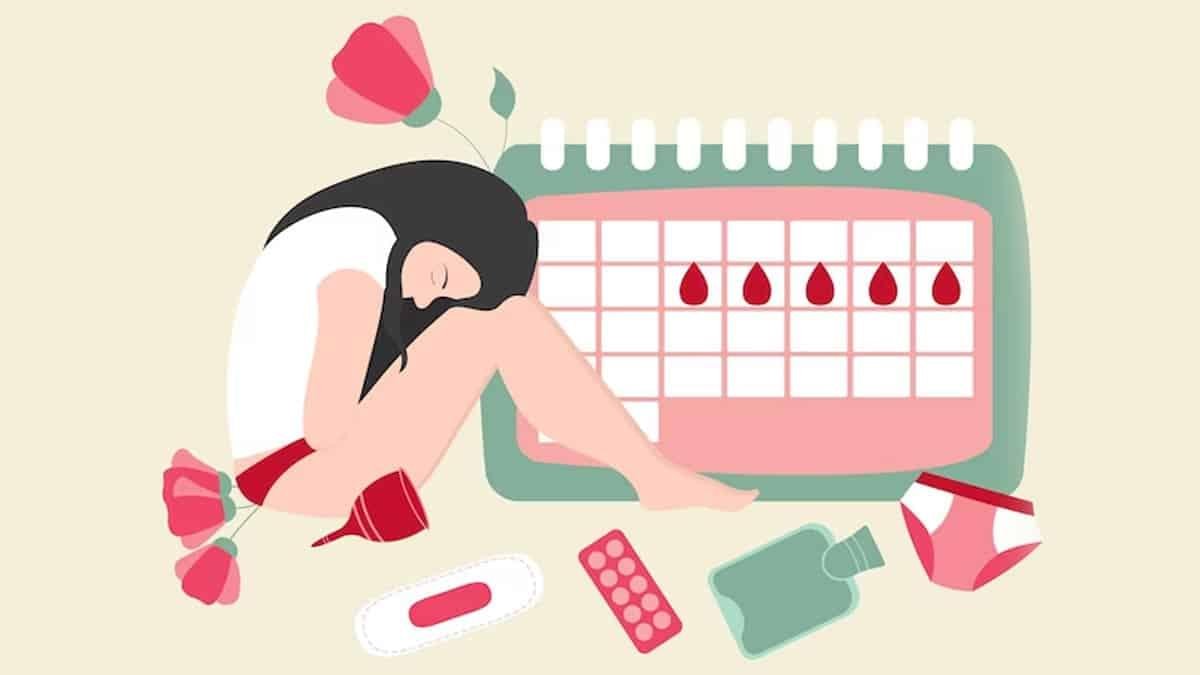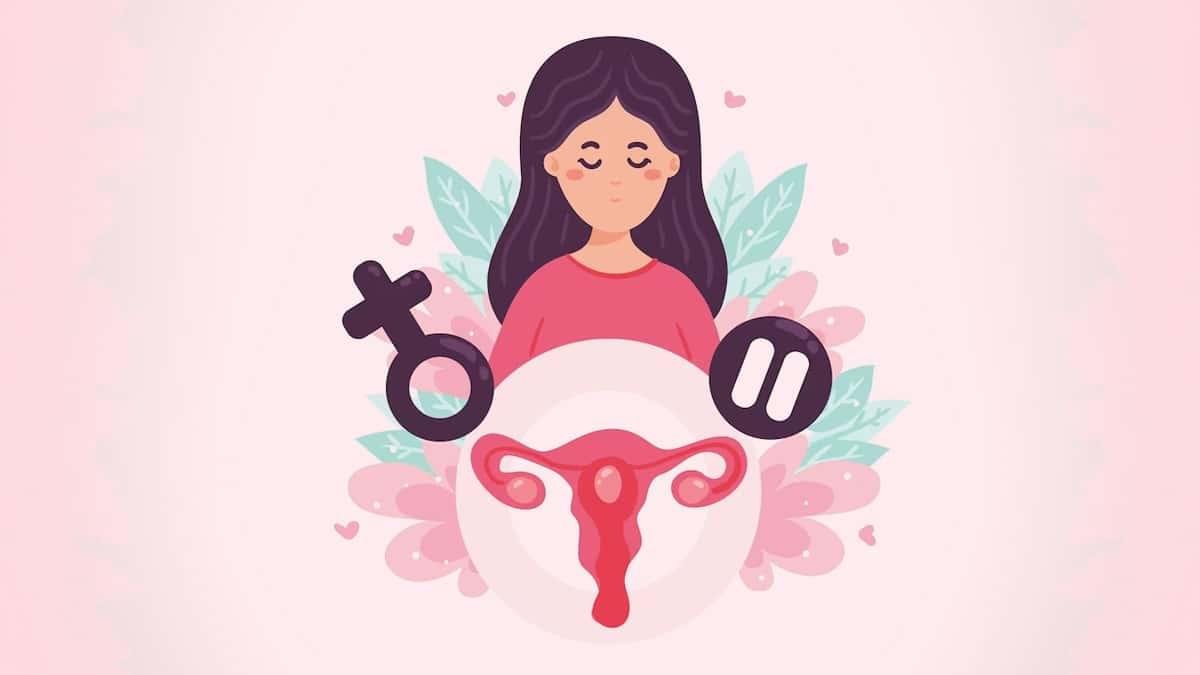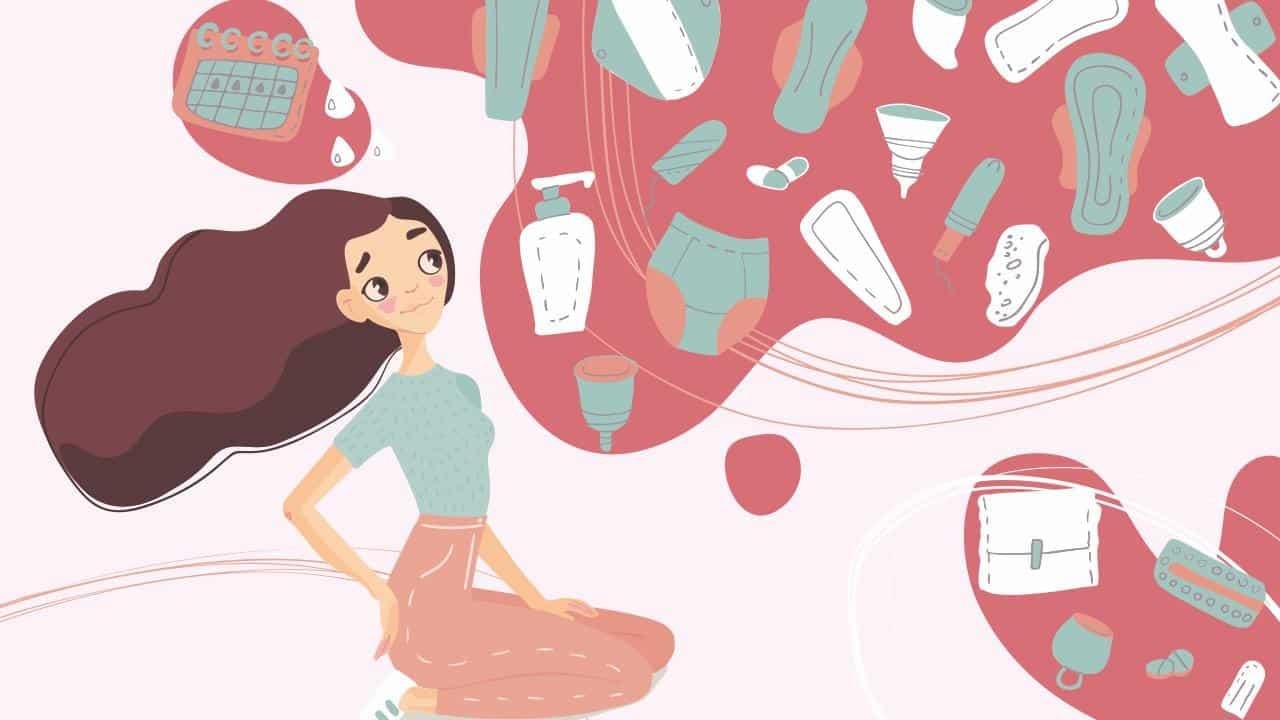Menstrual hygiene is an essential aspect of women’s sexual and reproductive health, yet the knowledge surrounding it is clouded by myths and misconceptions. To people in most societies, it is still considered a taboo issue, leaving millions of girls and women without proper information and support on how to manage their periods confidently. It’s time for both women and men to get the right information, dispel the myths, and embrace dignified menstrual practices.

Breaking the Silence
Menstruation is a normal part of a woman’s body functioning; however, people still get shy or even completely avoid talking about it. Most girls are unaware of what to expect when they have their periods for the first time and many end up being very scared. Many societies discourage open discussions and when this happens, women get barred from proper information or appropriate menstrual products.
The attempt to break this silence begins with education. There is a need for schools, families, and communities to initiate and sustain conversations about menstruation to make sure our youth, both boys and girls, understand the process and are supportive of menstrual health.

Dispelling Common Myths
There are countless cultural myths and misconceptions regarding menstruation, which directly limit women’s freedom in their daily routine. Some of the most common myths include:
- “Menstruating women are impure”: This belief bars women from engaging in religious, social, and household activities. Menstruation is a natural biological process and there is nothing impure about it.
- “Exercise worsens period pain”: In fact, any physical activity can bring comfort, help relieve menstrual cramps, and can ultimately ease discomfort.
- “Using sanitary products causes infertility”: There is absolutely no scientific evidence behind any sanitary product causing infertility because no product, whether pads, tampons, or cups, interferes with a woman’s reproductive system.
- “You should refrain from washing your hair during your period.” There are those who think that hair washing or taking a bath during menstruation can lead to complications, but in reality, it is good to bathe or wash hair during these days because it keeps you clean and comfortable.
- “You cannot conceive when on your period.” It is still possible, but pregnancy may occur, especially in situations where ovulation occurs early and sperm remains in the reproductive system for several days. However, if you do not want to conceive, it is recommended that you use any contraceptive method after discussing it with your gynecologist.
Addressing these myths through awareness campaigns and community discussions is essential in ensuring that women and girls receive accurate, science-based information.

The Essentials of Menstrual Hygiene
Maintaining proper hygiene during menstruation is essential for your health. There is nothing wrong with keeping oneself clean during menstruation. Here are some key practices to follow:
- Choose the Right Products: Every woman should have access to use sanitary pads, tampons, menstrual cups, or reusable cloth pads depending on what they prefer to use.
- Maintain Cleanliness: It is important to change your sanitary product as often as possible and to wash hands before and after using them. Reusable menstrual products should be thoroughly washed with clean water to prevent infection.
- Monitor Your Health: Understand your menstrual cycle. Keep track of your start and end dates, flow intensity, and symptoms like cramps or any irregularities. This helps identify signs or potential health concerns that may require medical attention.
- Ensure Proper Disposal: Wrap used sanitary products in paper and dispose of them in the bin. Avoid flushing them down the toilet, as this can cause blockages and environmental harm.
- Stay Hydrated and Eat a Balanced Diet: Consume a proper diet rich in iron and vitamins. Drinking plenty of water will also help to manage menstrual symptoms, leading to higher energy levels.

Overcoming Barriers to Menstrual Hygiene
There are various constraints, as many women and girls cannot afford menstrual products, or even if they can, they may not want to keep it with them due to cultural stigma. We all have a role to play here. When we talk about periods openly and provide support to those who need menstrual products while sharing reliable facts, we help women and girls feel comfortable and manage their periods with confidence.
But what role can men play in breaking down these barriers?
Men contribute to better relationships when they learn about menstruation. You need to educate yourself on the physical and mental aspects of the regular menstrual cycle. Cramps, bloating, and mood swings, you’ve probably heard these common words from women around you. You can build trust with your partner when you learn about such menstrual symptoms and know what to do. Your support works best when you talk openly with women and truly hear what they feel or face during their cycle. When women are menstruating, men should help out with everyday activities so they can feel better and comfortable. One way to help alleviate menstrual symptoms is by providing heat therapy, such as using a heating pad or you can also offer massages to help ease the discomfort. When men take such actions, they make our society more empathetic and educated.
Empowering Change
Menstrual hygiene should be considered a fundamental human right. When more people engage in discussions about menstruation and gain access to proper hygiene products, we will be able to end situations where girls and women are held back because they have their period.
It’s time to wipe out misconceptions, replace the culture of shame with understanding and support, and spread awareness. When women and girls can manage their menstruation without feeling embarrassed, skipping school/office or having to stop working, they can be productive members of society.